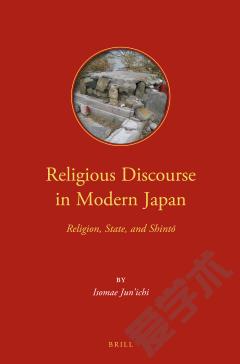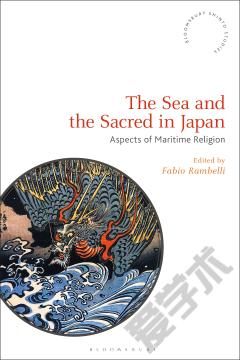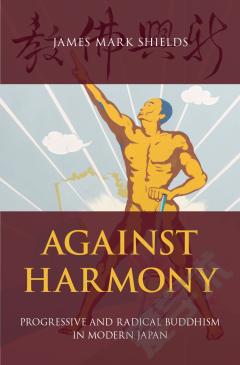Becoming One —— Religion, Development, and Environmentalism in a Japanese NGO in Myanmar
----- 成为一个:缅甸日本非政府组织的宗教,发展和环境保护主义
International development programs strive not only to alleviate poverty but to transform people, aid workers and recipients alike. Becoming One grapples with this process by exploring the work of OISCA*, a prominent Japanese NGO in central Myanmar. OISCAâs postwar origins at the intersection of Shinto, secularism, and rightwing politics, and its vision of inter-Asian solidarity and a sustainable future helped shape the organizationâs ideology and activities. By delving into the world of its aid workersâtheir everyday practices, discourses, and aspirationsâauthor Chika Watanabe seeks to understand the NGOâs political, social, and ethical effects. At OISCA training centers, Japanese and local staff teach sustainable agricultural skills and organic farming methods to rural youth. Much of the teaching involves laboring in the fields, harvesting produce, and caring for livestock: what they canât use themselves is sold at nearby markets. Watanabeâs detailed and multi-sited ethnography shows how Japanese and Burmese actors mobilize around the idea of âbecoming oneâ with Mother Earth and their human counterparts within a shared communal lifestyle. By exploring the tension between intentions and political effectsâspanning environmentalism, cultural-nationalist ideologies of âJapaneseness,â and aspirations to make the world a better placeâWatanabe highlights fascinating questions and both positive and negative outcomes. Becoming One weaves together vivid descriptions of the intensive, intimate, and âmuddy laborâ of âmaking personsâ (hitozukuri) with the wider historical resonances of these efforts, decentering common understandings of development, NGOs, and their moral and political promises. This engaging and thought-provoking book combines insights from anthropology, development studies, and religious studies to add to our understanding of modern Japan. *Organization for Industrial, Spiritual and Cultural Advancement The open-access edition of this title was made possible with generous support from the University of Manchester.
{{comment.content}}








 京公网安备 11010802027623号
京公网安备 11010802027623号